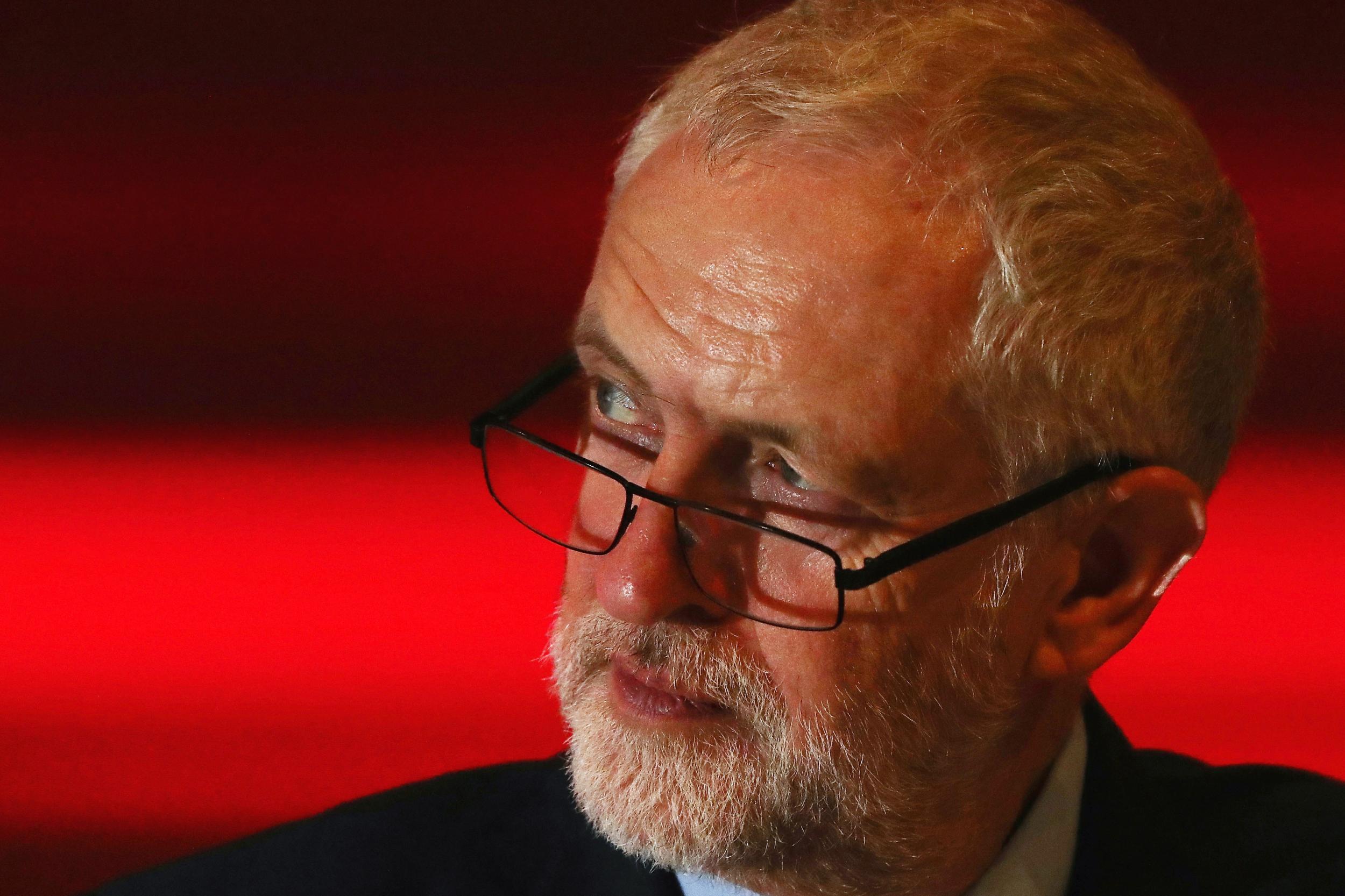After disastrous Brexit negotiations, voters will recoil from the Tories’ economic mess – now is Labour’s opportunity
Might a Tory recession be the firebreak that ends Labour’s image as irresponsible overspenders who cannot be trusted with the nation’s finances? Could it allow Corbyn, an outsider untainted by the Westminster bubble, to extend his ‘something different’ appeal beyond his small tribe to millions of voters?


“Please tell me that the economy is going to be all right,” an anxious Conservative former Cabinet minister asked a prominent Brexiteer this week as the grim reality of Brexit hit home.
The plummeting pound, price rises, uncertainty for business, the expected inflationary spike and falling living standards have spooked some Tory MPs. The most significant event of the week was the number of Tories who joined MPs from other parties to warn about the economic risks of a hard Brexit. Theresa May seems to have reordered the nation’s priorities to put immigration ahead of the economy – a big call that may come back to haunt her.
Even some ministers worry privately that a “Tory recession” caused by a “Tory Brexit” and unnecessary “Tory referendum” could tarnish their party’s economic credentials. In time, many voters might decide that an economic slump is not a price worth paying for migration curbs. Sometimes leaders have to lead rather than follow public opinion, which can change.
With Cabinet Europhobes winning the argument for a hard Brexit outside the single currency, there is an opening for Labour to get back in the game. It played a good hand this week, staging a Commons debate to demand more parliamentary scrutiny of Brexit, which gave several former Tory ministers a platform to call for a soft Brexit.
But Labour is only at first base. It cannot yet answer the “What would you do?” question. Is Labour the pro-business party of the single market? Does it support unlimited free movement, as Jeremy Corbyn appears to, or a cut in migration, which Sir Keir Starmer, the impressive new shadow Brexit Secretary, argues for? Labour needs to get its lines straight.
Moreover, Labour needs to be ready for a time when voters may recoil from the Tories’ economic mess. At present, the Labour leadership lacks credibility with its own family, let alone the voters. Some progressives, fearing that Labour will be out of power for many years, plough their own furrow. Senior MPs who refuse to join Corbyn’s frontbench team will draw up what amounts to an alternative manifesto. The New Economics Foundation think tank, headed by the former Ed Miliband aide Marc Stears, has decided not to lobby political parties for policy changes, and will instead try to hand “control” to people at local level by working with business, local authorities and mayors.
Imaginative ideas include “mapping” vacant land to put pressure on owners to release it for housing; childcare co-operatives; helping taxi drivers run their own firms in the “Uber economy”; clean local energy generation and reviving the economy of seaside towns. Stears, who was Miliband’s chief speechwriter, admitted he had toiled away for years “reproducing phrases like ‘out of touch,’ and ‘privileged elites’ without fully understanding how they applied at least partly to ourselves [Labour] as well as our opponents. The people of our country have known this for years.”
In theory, such alienation could work to Corbyn’s advantage if voters judge that the Tories have taken a wrecking ball to the economy. Might a “Tory recession” be the firebreak that ends Labour’s image as irresponsible overspenders who cannot be trusted with the nation’s finances? Could it allow Corbyn, an outsider untainted by the Westminster bubble, to extend his “something different” appeal beyond his small tribe to millions of voters? Donald Trump and Bernie Sanders got a lot further than anyone thought possible with their brand of populism. Why couldn’t it happen here?
Labour’s problem is that it won’t happen unless the party gains economic credibility, and it now stands a million miles away from that. Labour might talk the language of balancing the books, but its policies say something else. During the Labour leadership election, Corbyn promised a £500bn boost for infrastructure: the magic money tree again. He will not persuade voters to back “21st-century socialism” unless his sums add up. They don’t. No wonder that, according to pollsters BMG, 70 per cent of the public (and 40 per cent of Labour voters in 2015) believe May and Hammond are the best PM and Chancellor, with only 30 per cent naming Corbyn and John McDonnell.
Labour also underestimates the extent to which May has moved on to its territory. In a speech on the economy last month, Corbyn called for an industrial strategy; reform of corporate governance; more spending on housing, broadband and rail; better employment rights for the self-employed, and a migration impact fund. These are all items on May’s agenda.
Brexit is bound to prove such a nightmare for May that there will be a moment when voters take a second look at Labour, to see if it offers a credible alternative. So the party needs to do so urgently. Otherwise, even if people wanted to punish the Tories for wrecking the economy, they will hold on to nurse for fear of something worse under Labour.


Join our commenting forum
Join thought-provoking conversations, follow other Independent readers and see their replies